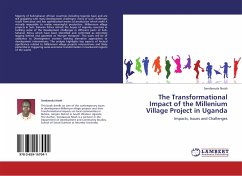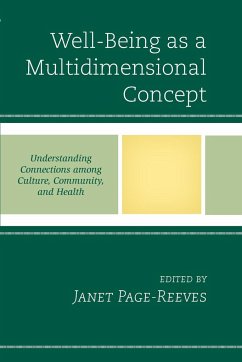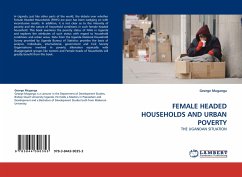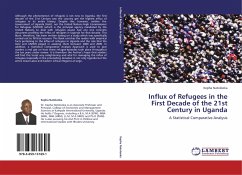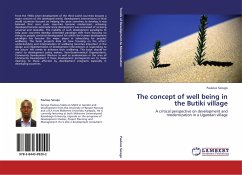
The concept of well being in the Butiki village
A critical perspective on development and modernization in a Ugandan village
Versandkostenfrei!
Versandfertig in 6-10 Tagen
39,99 €
inkl. MwSt.

PAYBACK Punkte
20 °P sammeln!
From the 1950s when development of the third world countries became a major concern of the developed world, development interventions in third world countries focused on helping the poor countries to develop.It was believed that once poor countries become modernized, achieving developed became automatic since development was conceived of as being universal and desirable. The inability of such development paradigms to help poor countries develop witnessed paradigm shift from focusing on things to people centered development for which the human development paradigm has become the major player in...
From the 1950s when development of the third world countries became a major concern of the developed world, development interventions in third world countries focused on helping the poor countries to develop.It was believed that once poor countries become modernized, achieving developed became automatic since development was conceived of as being universal and desirable. The inability of such development paradigms to help poor countries develop witnessed paradigm shift from focusing on things to people centered development for which the human development paradigm has become the major player in advocating for peoples' wellbeing. The book presents data on how focusing on the actors understanding and interpretation of wellbeing becomes important in the design and implementation of development interventions in responding to the actors felt needs to enhance their wellbeing. This book should be useful to development policy makers, Non-Governmental Organizations, Community Development Workers as well as academicians in the area of Community Development if these development protagonists are to make meaning to those affected by development programs especially in developing countries.



